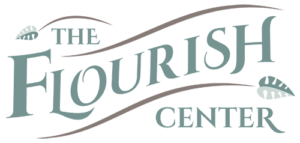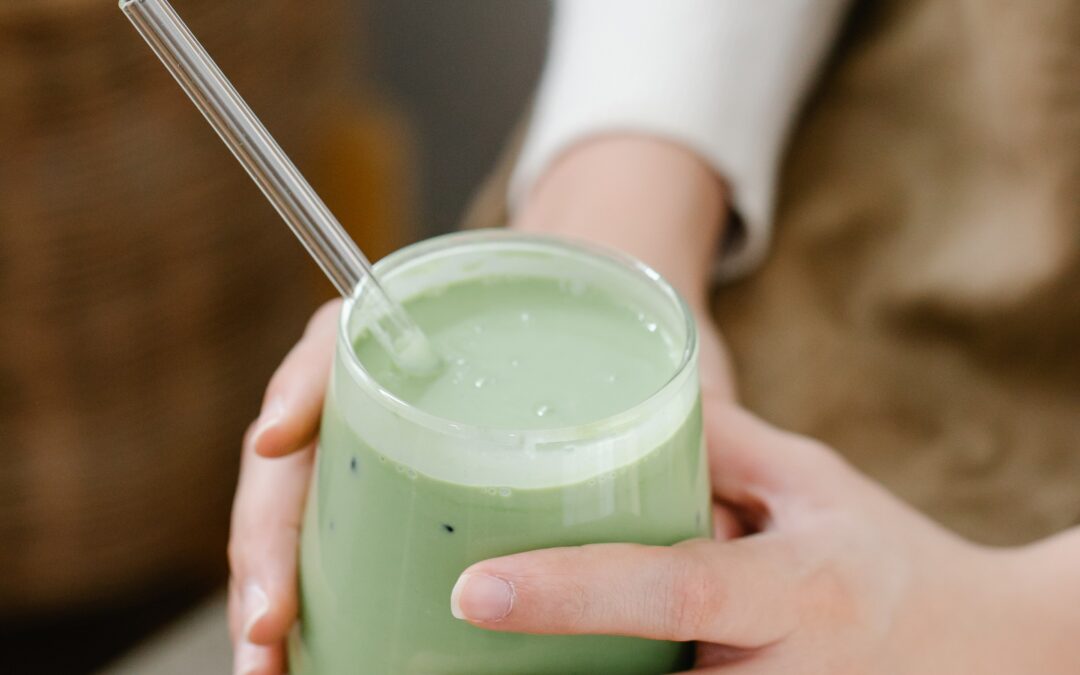Shared by Jen Owen, N.P., the Flourish Nurse Practitioner
This past week, I was treating a teen for some possible nutrient deficiencies. I was looking in Rosemary Gladstar’s book, “Herbal Healing for Women”, and I was reminded of her wonderful nutrient suggestions for teenagers. Rosemary is my first and favorite herbal teacher, so I deeply trust her suggestions.
Rosemary was feeling frustrated because her teenage daughters were skipping breakfast every day. The smoothie below was the compromise she made with them, and she felt good sending them off every day with a shake full of protein and calcium.
The others are ideas for teens who might need some extra boosts.
I wanted to share them with you today, because I thought many of you might be wanting to boost up your teens. And, of course, these things are great for other aged humans as well.
High Calcium Protein Shake
1 cup milk of choice
1 cup nonsweetened juice (experiment with different flavors)
1-2 bananas ( freeze ripe bananas for a thicker, creamier shake)
1/4 cup frozen strawberries (or any fresh fruit when it’s in season)
1/4 cup yogurt
1 teaspoon bee pollen
1 scoop protein powder (dose per product instructions)
2 teaspoons spirulina
1/2 teaspoon pure vanilla extract
Rosemary says, “There are infinite varieties to this basic shake. Sometimes I add frozen orange juice for an Orange Julius—like shake. Sometimes I use juice in place of milk. I’ve found a dash of pure vanilla extract always enhances the flavor of the shake.”
Spirulina
A simple blue-green algae, spirulina has been used for thousands of years as a high-power food source. Some 60-70 percent protein by weight, it is considered the highest source of digestive plant protein and is second only to dried whole eggs when compared with animal forms of protein. It is also a remarkable source of vitamin A, calcium, the B vitamins, and chlorophyll. Convincing people to try this green algae in powder form is often an ordeal, though it’s easily camouflaged (except for the unmistakable dark green color) when blended into fruit and vegetable juice. Spirulina is also sold in easy-to-take tablet form. The general dose is two tablespoons of powdered spirulina, or six tablets daily. Your teenager may find the capsules much more appealing than the powdered form.
Bee Pollen
Another of the bee’s little gifts, bee pollen is a concentrated source of nearly all known nutrients. It is a complete protein, containing all twenty-two amino acids, and it has high levels of the twenty-seven different minerals, enzymes, and coenzymes, including vitamin B1, B2, and B6, pantothenic acid, folic acid, vitamin C, and the fat soluble vitamins A and E. Rosemary finds the pollen delicious, but not every teenager does. It is easy to camouflage it by mixing it in blender drinks or stirring into cereal. The suggested dosage is about one-fourth teaspoon daily. Because there is a small percentage of people who are allergic to bee pollen, it is best to test your teenager’s sensitivity to it by having them take just a small dose to begin with and then increase it with time. If they suffer from allergies, you may wish to consult an allergist before they take the bee pollen.
Seaweed
Seaweed is an excellent food source and supplement to the diet, especially for teenagers suffering hormonal imbalance. Seaweeds provide concentrated trace minerals and are a marvellous source of the natural biochelated iodine so necessary to the function of the thyroid gland. Most seaweed provides the building blocks needed by the endocrine glands to manufacture necessary hormones. Seaweed is also generally high in calcium (one tablespoon of hizike provides more digestible calcium than an eight-ounce glass of cow milk). Seaweed can be incorporated into many foods or the capsules can be worked into a daily health program. The dosage varies, depending on the type of seaweed. Kelp is the most common seaweed available and easily found in capsulated form. However, kelp is also the “fishiest” and strongest-tasting of the seaweeds. Many of the other, lesser-known seaweed are very mild and pleasant tasting. All are easily found in natural food stores, gourmet shops, and grocery stores specializing in Asian foods. When taking seaweed in capsules, a dosage of ten to twelve capsules a day is generally suggested. Though this may seem like a lot of capsules, remember that eating seaweed the way is like eating salad in capsules. You would have to ingest a lot of those capsules to get all your greens!
Liquid Floradix Iron or NatureWorks Herbal Iron
Floradix is a liquid vitamin mineral formula made from organic herbs and vegetable gathered in the high mountains of Europe. It is available in natural food stores throughout the country. Rosemary has recommended it for years because it is such a highly concentrated and effective formula and is readily available. It is also pleasant-tasting, so people find it enjoyable to take. Liquid Floradix with Iron is an excellent source of digestible vitamins and minerals and biochelated iron. It helps stabilize energy and mood swings, and regulates the menstrual cycle. NatureWorks Herbal Iron is another liquid vitamin/mineral formula frequently found in natural food and herb stores. It is quite tasty and comparable to Floradix in quality.
If you’d like to learn more from Rosemary, check out her many books.
If your teen requires more support, I would be happy to see them in my clinic. ~Jen Owen, N.P.


Recent Comments